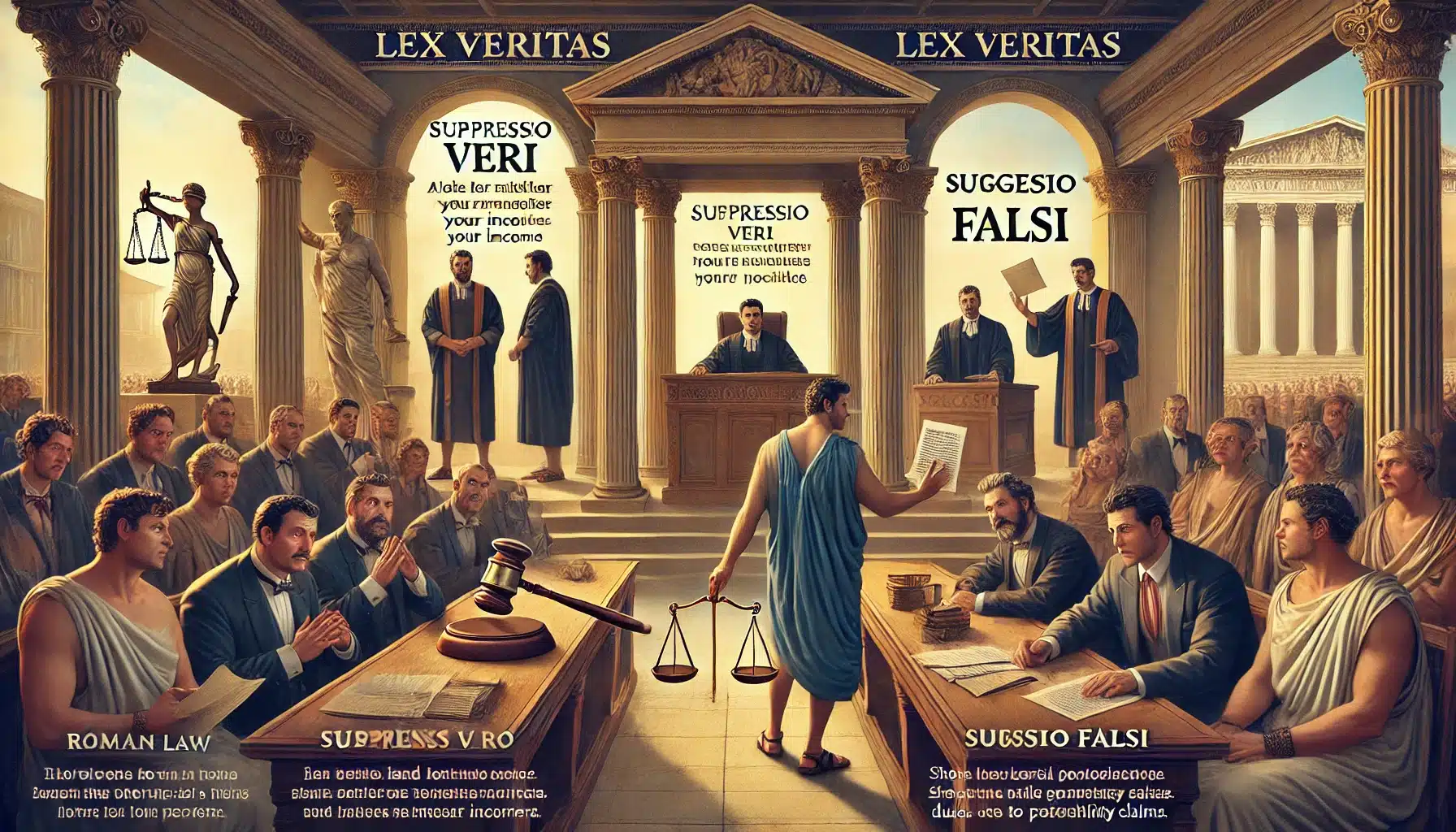The law commission was suggestive of the fact that the coercion should be included as the penal provision separately under the Indian Penal Code and also its ambit should also increase to other laws.

Meaning of the term ‘Coercion’–
Coercion basically means the application of force on a person in order to persuade the person to do or abstain from doing something.[1]
Elements of Coercion
- In the case of detaining a property even if the person has the right to do is said to be coerced.
- A case in which an operator negated to hand over the charge of book, records and money of his main unless the last executed of the deed of discharge in regard of claim against him, held that deed was under coercion.
- A partner detained the money given by his co-partner to a creditor of the firm, resulted in the bond to execute in their favour, and held that it was coercion.
The Stance of Law Commission on coercion[2]–
The 13th Law Commission report stated that
the proper function of the Indian Penal Code is to create offences and not merely to forbid. A penal code forbids only what it declared punishable. There are laws other than the Indian Penal Code performing the same function. We suggest that the words “any act forbidden by the Indian Penal Code” should be deleted and a wider expression be substituted thereof so that penal laws other than the Indian Penal Code may also be included. The explanation should also be amended to the same effect.
The law commission was suggestive of the fact that the coercion should be included as the penal provision separately under the Indian Penal Code and also its ambit should also increase to other laws.
Usage
Section 15 of the Indian Contract Act, 1872[3]– “Coercion is an act of committing, or threatening to commit, any act forbidden by the Indian Penal Code, or the unlawful detaining, or threatening to detain, any property, to the prejudice of any person whatever, with the intention of causing any person to enter into an agreement.
Usage in Indian Judiciary-
- Chikkam Amiraju v.Chikkam Sheshamma[4]– The husband, in this case, threatened to his son and wife to commit suicide if they did not execute release deed in his favour. The facts of the case point us in the direction that the husband was threatening his wife and son to commit an offence under the Indian Penal Code, 1860. A suit was filed against the husband for coercion. It was held that the husband was liable for coercion since he persuaded them to do something against their will.
- Shri Kishanlal Kalra v NDMC[5]– The plaintiff, in this case, was a victim of emergency at that point of time. He was granted the permission to run an open-air restaurant in Connaught circus, New Delhi which he started under the name ‘Ramble Open Air Restaurant’. The lease was about to expire on 31st May, 1978. However, the plaintiff was thrown out of the premises by the defendant without the proper procedure of law. The demolition squads along with the police were sent on 7th August, 1978. The plaintiff has filed a suit claiming the damages worth Rs. 10,00,000/-, the court ruled in the favor of plaintiff had been dispossessed of the property where he had been running his open-air restaurant, NDMC threatened him to leave the premises or he will be jailed, the court concluded that NDMC was liable for coercion.
- Workmen of Appin Tea Estate v. Industrial Tribunal[6]– In this case the workers of the tea state demanded a bonus for their work and if the demands were not complied with they will go on strike. The demand was accepted. The question which had arisen was, whether such a decision between the Union of Worker and the Indian Tea Association could be declared void on the ground that there was coercion. The court ruled that there was no coercion as they didn’t do anything wrong under the Indian Penal Code, 1860.
Origin of the term ‘Coercion’-
The term ‘coercion’ is a 15th – century French word ‘cohercioun’ which translates into “Compulsion, forcible constraint. It defies the usual pattern where Middle English -cion reverts to Latin type and becomes -tion. The specific sense in reference to the government by force, ostensibly to suppress disorder.[7]
[1] Cambridge Dictionary, the definition of Coercion, Source Link, 15/06/2020, 10:00:am
[2] 13th Law Commission Report, Source Link, 15/06/2020, 11:00am
[3] Section 15, Indian Contract Act, 1872
[4] Chikkam Amiraju v.Chikkam Sheshamma, (1917) 32 MLJ 494
[5] Shri Kishanlal Kalra v NDMC, AIR 2001 Delhi 402
[6] Workmen of Appin Tea Estate v. Industrial Tribunal, (1967) IILLJ 371 Gau
[7] Etymology online, Etymology of word coercion, Source Link, 15/06/2020, 3:00pm




